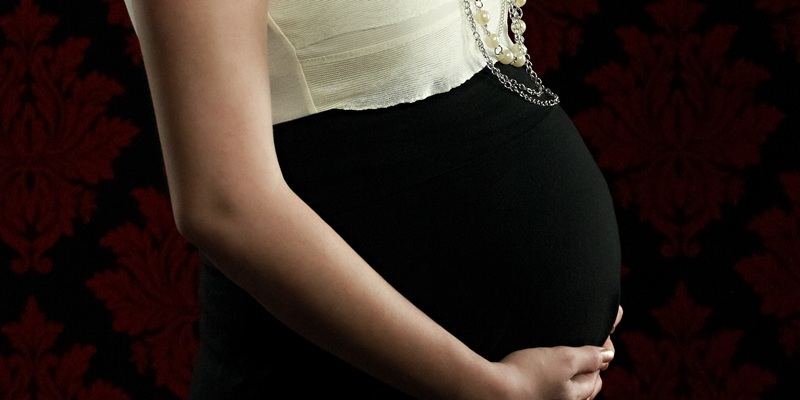A plan to axe Fife’s home birth service has been shelved by health chiefs, much to the relief of campaigners.
“Our financial circumstances next year will be even worse so we may wish to look at this again next year,” he said.
Figures presented to members suggested the number of home births has been falling, although it was made clear some women who initially requested home birth gave birth somewhere other than their home due to unforeseen complications.
The cost of a home birth was also said to be up to three times more than the standard £757 direct cost for a birth in a midwife-led unit, according to NHS Fife, depending on when the baby is born and factoring in staff costs in terms of unsocial hours supplements and days off in lieu.
Mr Stewart also wished to clarify claims that many women were being “actively discouraged” from home birthing, although Mrs Inwood insisted that was not true.
“We do give women birth choices in Fife,” she replied. “This is what we are supposed to do, to provide choice.”
Some committee members were concerned about the perceived increased risk involved with home births. Some midwives were said to be particularly concerned about not being in a position to refuse where they felt the risks in some individual cases were too significant.
However, the committee agreed it was not for its members to judge home births versus hospital births.
Medical director Gordon Birnie suggested, however, that the situation was “finely balanced in terms of risk.”
The news was given a qualified welcome by Euro MP Catherine Stihler, who said: “Whilst I am happy that there will be no immediate discontinuation of the home birth service in Fife, it is deeply concerning that it is still under threat.
“All women should have the choice of where to give birth. I urge the Scottish Government to continue to support the national policy on maternity services and protect the home birth service for all women.”
Photo by Flickr user Lan Bui.
There were renewed warnings, however, that the controversial proposals may have to be revisited in future given the financial state of the region’s health services.
News that the service was under review over the summer sparked anger from parents, prospective parents and midwives who felt the move would deny women the right to give birth in a more relaxed environment at home (link). Almost 500 people have signed up to a ‘Right to Home Birth for parents of Fife’ Facebook page (link) in protest.
With NHS Fife’s operational division needing to save millions of pounds this year, officials had pinpointed the home birth service which contributed to a £500,000 overspend in maternity services last year as one area that could be scrapped, citing evidence suggesting home births are more expensive than those in maternity units, and the number of home births are relatively low.
But NHS Fife’s operational divisional committee, meeting on Wednesday, decided not to pursue the proposal, amid warnings that savings will have to be made elsewhere.
Caroline Inwood, director of nursing, midwifery, therapies and rehabilitation, said there was a strong case against the continuation of the service on financial grounds, and to a certain extent on risk grounds, but said current national policy supported giving women a choice.
“Home birth is very resource-intensive for the NHS compared with midwife-led birth,” she said. “This proposal is set in the context of having to balance the demands of providing care to the population of Fife and ensuring that public money is used effectively for the whole population.
“The division, including maternity services, needs to save £8.5 million. Last year maternity services staffing costs were £500,000 over budget.
“Staff are concerned about the increasing number of high-risk women who insist on home birth. But these factors need to be balanced against the position as outlined in (national policies). These documents presume a choice of place and method of birth.”
With that in mind, committee members agreed national policy gave NHS Fife little choice but to put the proposal on the back burner, although Dave Stewart, chairman of the operational division, said the committee would write to ministers to ask them to review the legislation.
Continued…
